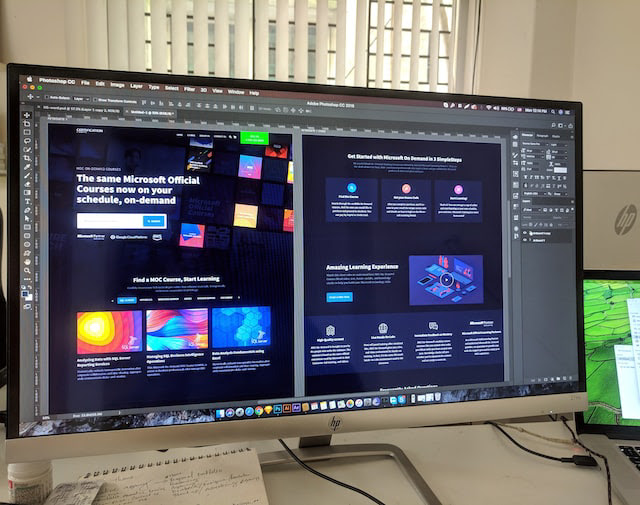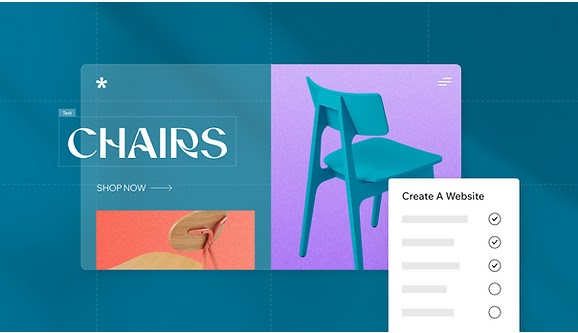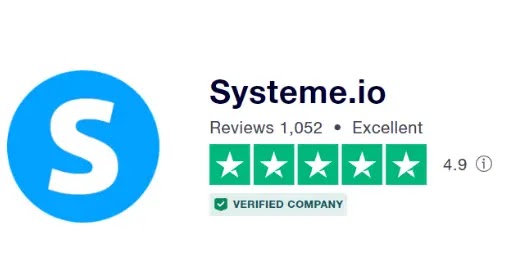- Get link
- X
- Other Apps
According to
Statista, more than 2.14 billion people are expected
to buy products and services online in 2023. That indicates that for your
business to succeed, you’ll need to establish an online presence, which starts
with owning a website.
Cost and design are the primary
concerns for most business owners, but time is also a critical factor in
creating a digital brand footprint. The more time you spend building, testing,
and deploying a website, the more prospective clients
you lose to established businesses.
So, what do the timeframes look like?
What steps are to be taken when creating a website for your brand? What are
some of the available options as far as creating and deploying your web page is
concerned?
In this write-up, I’ll cover everything
you need to keep in mind as far as how long it takes to build a functional
website.
Website Development
Overview
While it’s feasible to build and create
a website in-house, most startups prefer seeking the expertise of professional
web development agencies or freelance developers to guarantee the usability and
durability of their site.
It’s easy to assume the simplicity of
many sites online: A couple of buttons here, some images, and some links, and
you are done, correct?
A lot comes into play under the
intuitive user interface presented to employees and customers, from PHP, HTML
and CSS, and Java to provide exemplary results.
The steps involved in creating a
website with a web development agency entail the following six steps listed
below:
- Research
- Communication
and Objective Setting
- Action
Plan
- Creating
Mockups and Feedback
- Extensive
Development
- Project
Review and Revision
Let’s dive deeper into the
abovementioned steps and find out how long each step takes.
Research
The first process in building a website
is researching developers. Depending on your budget and requirements, the
process can take one week to one month.
For instance, if you’re a startup, a
fast comparison of popular website development agencies does the trick in
designing a straightforward website that delivers your brand message. If you
manage or own a larger enterprise, multiple stakeholders may be consulted in
decision-making, which could take a couple of weeks.
In both instances, the common
denominator is: You’re searching for a development firm with a reputable brand
for delivering budget-friendly and on-time services. You’re also looking for a
firm that perfectly fits your brand’s aesthetic.
Communication and
Objective Setting
Once you’ve settled on a developer, the
next step is setting up an initial meeting to review your business’s design
goals.
You’ve got two options. Have an idea of
what you want your finished product to look like, or let the web development
agency make all the decisions based on the information you provide regarding
your startup’s mission and vision.
It’s best to give your developer a
general outline of what you expect since they will spend less time reviewing
your business and developing relevant proposals. A general outline also helps
developers offer feedback about what works and can be implemented on your site.
Action Plan
Once developers have your expectation,
they can design basic web page plans to share with your staff. Later, you can
review these site plans and determine whether they meet your minimum
requirements.
If the website plans match your
expectations, you can request specific modifications or additions, requiring
another round of site plans from your web developer agency.
Depending on the revisions requested
and your communication with your developer, you can expect the step to last
between one and two weeks, Creating Mockups and Feedback
You can think of the abovementioned
step as a basic outlook of the finished site product. Also referred to as
wireframes, the design mockups provide a feel of where different components and
elements like images, text, and buttons should appear on your page.
It’s recommended to ask your developer
for mockups of pages that will be entailed in your site. If you’re seeking the
services of a web developer to design your about us page, homepage, product
pages, and service pages request a mockup of each page.
Since this stage is essential to
providing feedback, ensure you speak up if you aren’t comfortable with the
position of a specific element or component. It shouldn’t take much time,
considering no in-depth page development has started.
Making changes after the in-depth
development stage is possible, but they can set your timelines and deadlines
back.
Expect the process to take two to three
weeks before you settle on a suitable design mockup.
Extensive Development
The most crucial stage of website
building is in-depth page development. In this stage, all your approved mockup
designs are converted into a fully-fledged web page that contains all your
approved content.
Depending on your page’s complexity and
size, the process can take anywhere from one to two months, sometimes longer if
setbacks happen. Remember, nothing goes as planned 100 percent of the time, but
excellent developers accommodate such expectations into their project timeline.
Your agency or developer must provide
constant updates and snapshots about your site’s progress because changes on
the page can be made promptly if you notice a discrepancy. While it may delay
your project, it’s better than having your page taken offline for revisions.
If you often request changes and
revisions, expect the process to take up to three months.
Project Review and
Revision
Once your web page has been created,
tested, previewed, and optimized, it will be sent to your team for a final review
and revision. The final product is evaluated at this stage to ascertain that it
performs and looks as expected.
Only minor adjustments will occur
during the review and revision phase if you’ve been vigilant and made the
recommended changes and revisions in the previous stages. Before deploying your
website, you’ll only adjust minor issues like font color or size.
The process can take two weeks since
your team will need enough time to review the site’s performance and identify
discrepancies.
It’s important to note that web page
creation and design don’t end after its launch. Months or years later, you
might want to add more features and make adjustments to guarantee your website
performs excellently.
Thus, seeking a freelance web developer
or web design agency offering long-term support and consultation services is
advisable to ensure your website performs optimally.
DIY Website Creation
Building and deploying a website can
take two to five months, depending on the number of revisions and the web
page’s purpose.
Suppose you don’t have the budget to
hire a web design agency or web developer and don’t want to wait for ages for a
website for your business. You can choose to do-it-yourself using website
builders like systeme.io.
Page builders like systeme.io have
in-built themes and templates that are simple to customize and set up. It’s
possible to create a website from scratch and launch it online in less than 24
hrs. Using website builders can also help you save costs that can be focused on
other business areas like advertising.
Final Remarks: How
Long it Takes to Create a Website
Whether you go the developer route or
use DIY website builders, designing a secure, reliable, and responsive website
for different screen sizes is vital. Pay attention to your brand’s image, and
have an aesthetic page that will entice buyers to buy your products and
services.
If you choose to use DIY page builders
like systeme.io, you will save tons of money that can
be used to pay for domain costs, but you’ll be restrained to specific
frameworks, themes, and templates.
When choosing the agency route, be
prepared to wait for more than one month to have your site delivered, but the
upside is you’ll have freedom and control over the content of your website.
Alternative Reading: Best Website Builder For Teachers
Alternative Reading: Best Membership Site Platform
Disclaimer: Some of the links used in
the post are affiliate links and I might earn a commission. Thanks.👍



Comments
Post a Comment